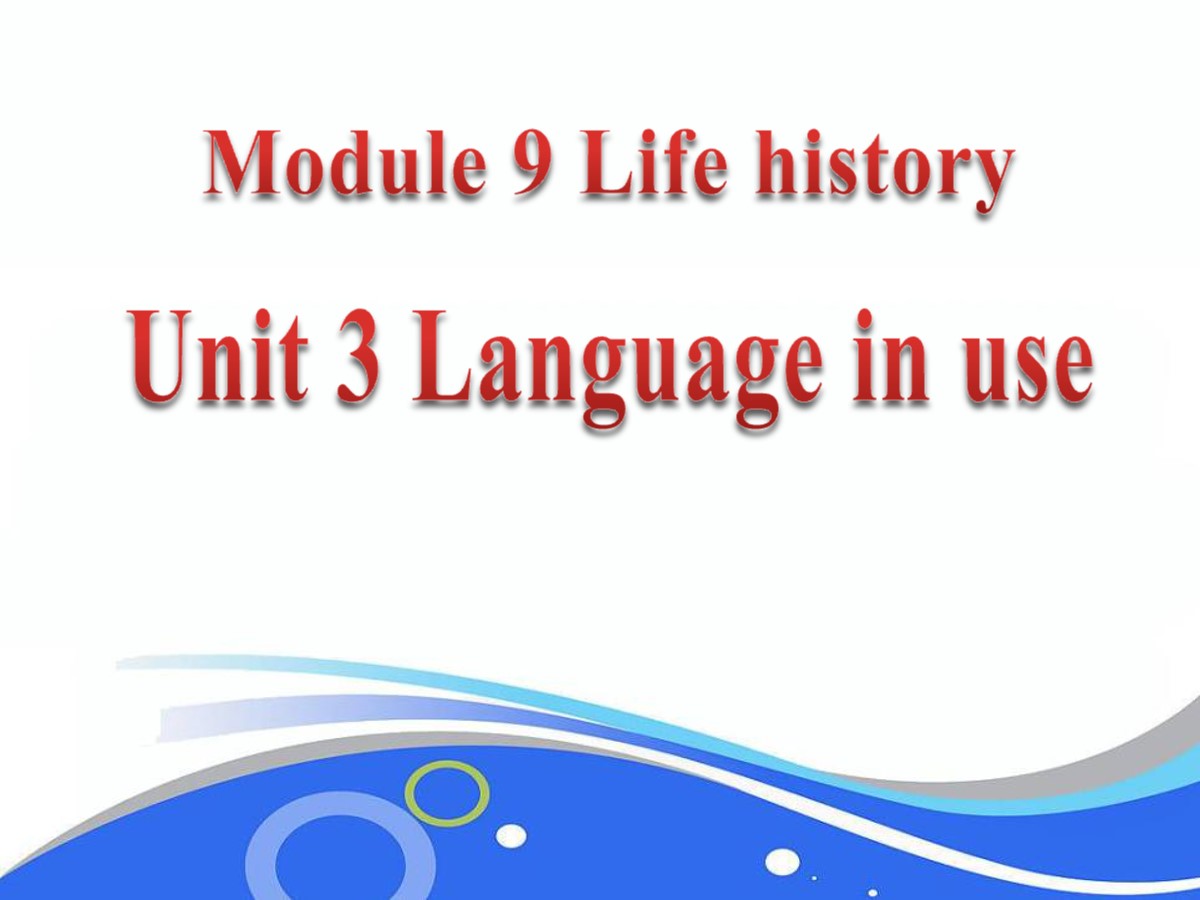《Are they yours?》Lost and found PPT课件2
![]() 0
0
 《Are they yours?》Lost and found PPT课件2
《Are they yours?》Lost and found PPT课件2
Revision
Whose cat is this?
It’s her cat.
It’s hers.
Whose baby is this?
It’s his baby.
It’s his.
Whose schoolbags are these?
They are our schoolbags.
They are ours.
... ... ...
Complete the sentences
Camera computer mobile phone
A man is talking to a woman at the lost and found office. He’s looking for his_________.
A man is getting on the bus. His _______ is lost.
Watch and read
Learning to learn
Reading passages with interesting facts can help you understand and remember English. Try to find passages with facts to read.
... ... ...
Listen again and answer the questions.
1. When do people often lose things?
2. Why are these lost and found offices at airports and stations?
3. What do people do at the lost and found office ?
4. What strange things are there at the New York City Lost and Found Office?
Check your answers!
1.When do people often lose things?
When they are travelling or when they’re in a hurry.
2.Why are these lost and found offices at airports and stations?
Because people often leave things on planes,
on trains, on buses and in taxis.
... ... ...
Language points
1. People often lose things when they’re travelling or when they’re in a huarry. 人们在旅行中或匆忙时常丢东西。
in a hurry的意思是“匆匆忙忙地”,是一个介词短语,hurry动词短语用“hurry up”来表示“赶快,赶紧”,还有“(there’s) no hurry”,意思是“不忙,不必着急,有充裕时间……”。
e.g.:
We must hurry up if we want to be there on time.
如果想准时到那里的话,我们就必须动作快点。
There is no hurry, so do it slowly and carefully.
不必赶时间,要慢慢地,认真地完成任务。
2. Hundreds of people come here every day.
每天都有很多人来这里。
hundreds of 表示“好几百,许许多多”, 相当于 lots of,是一个概数, 后面跟着的名词和hundred都要用复数形式, 而 hundred 这个词本身是一个确数,表示“一百”。当hundred之前有一个确切的基数词修饰的时候, 它要使用单数形式。
e.g.:
two hundred students 两百个学生
hundreds of teachers 好多老师
... ... ...
辨析 every day 和 everyday
every day 是副词词组,在句子中间做状语,表示“每天,天天”。
e.g.: We speak English everyday.
everyday是形容词,在句子中只做定语,表示“日常的,每天的”。
e.g.: Let’s learn some everyday English.
辨析:everyone 和 every one
1、everyone意为“每个人”,只指人,不指物,不与of短语连用。Everyone在句中作主语时,谓语动词要用第三人称单数形式。
Is everyone here today? 今天大家都来了吗?
2、every one既可以指人,也可以指物,可与介词of连用。
Every one of us has a chance to speak at the meeting.
我们每个人都有机会在会上发言。
... ... ...
Summary
1. 大部分形容词性物主代词在后面加“s”构成名词性物主代词.有3个特殊情况:
my—mine, his— his, its—its。
2. 形容词性物主代词与名词性物主代词的区别:
前者有名词的含义,后面需跟名词;后者可单独使用,相当于对应的形容词性物主代词加名词。
3. 名词性物主代词作主语时,如果含义是单数,后面的be动词用is;如果含义是复数,那么be动词用are。
... ... ...
Homework
1) 每人按要求制作一幅“物主代词卡”。
①规格:10cm×5cm。
②正面是汉语,反面用英语写出对应的名词性物主代词和形容词性物主代词。
③两人一组互相看卡片,说出(或读出)与之相对应的汉语或英语。
2) 三人一组,应用物主代词编写对话并表演。
《Are they yours?》Lost and found PPT课件4 talk 作不及物动词,意为讨论;交谈。 talk to sb. 和某人交谈 talk with sb. 和某人交谈 talk about sth. 讨论某事 talk to 侧重一方对..
《Are they yours?》Lost and found PPT课件3 Complete the sentences Camera computer mobile phone A man is talking to a woman at the lost and found office. Hes looking for h..
《Are they yours?》PPT课件 Revision Mind map思维导图 when: travelling/in a hurry lose where: leave .. on____/trains/busesin -why there^ at airports/stations P23: size: bi..
















 关于我们
关于我们 备案号:冀ICP备18037400号-20
备案号:冀ICP备18037400号-20